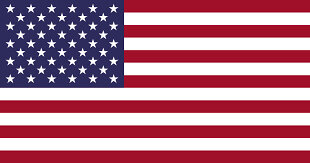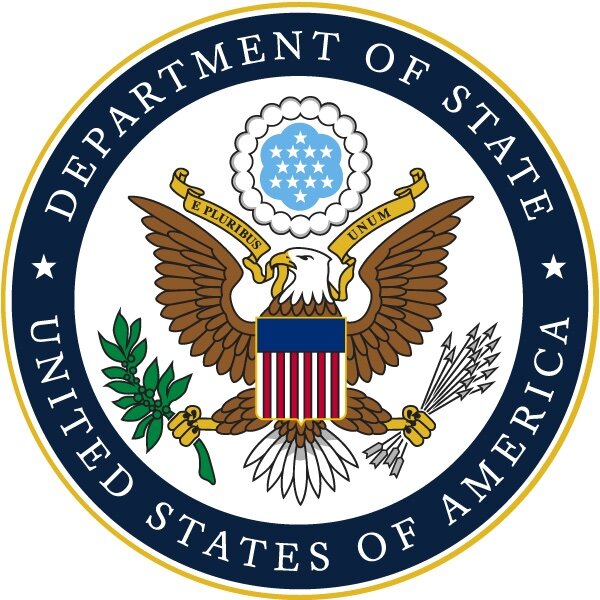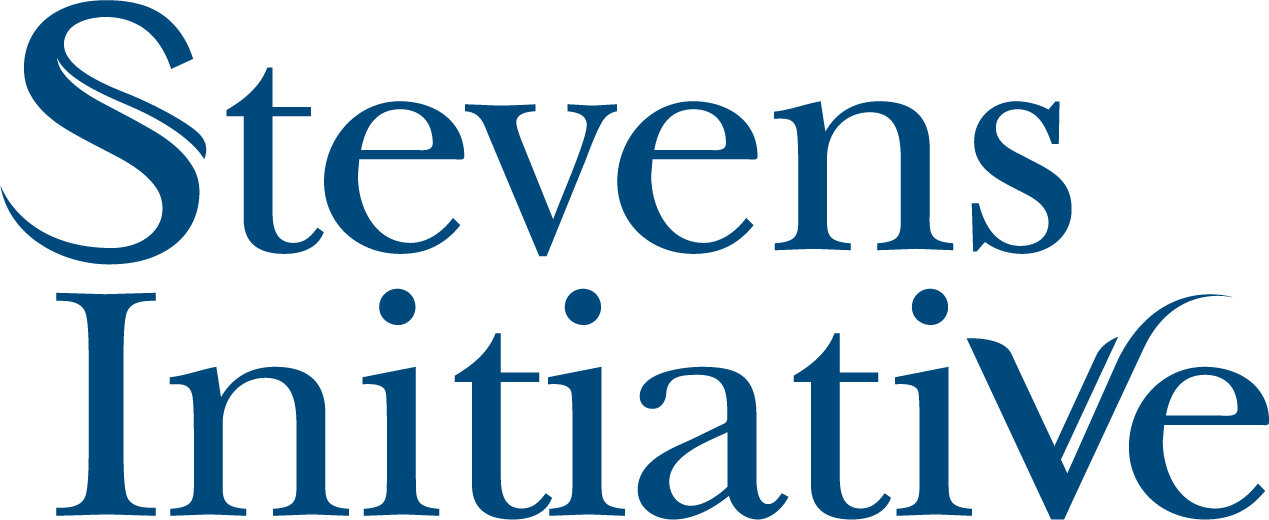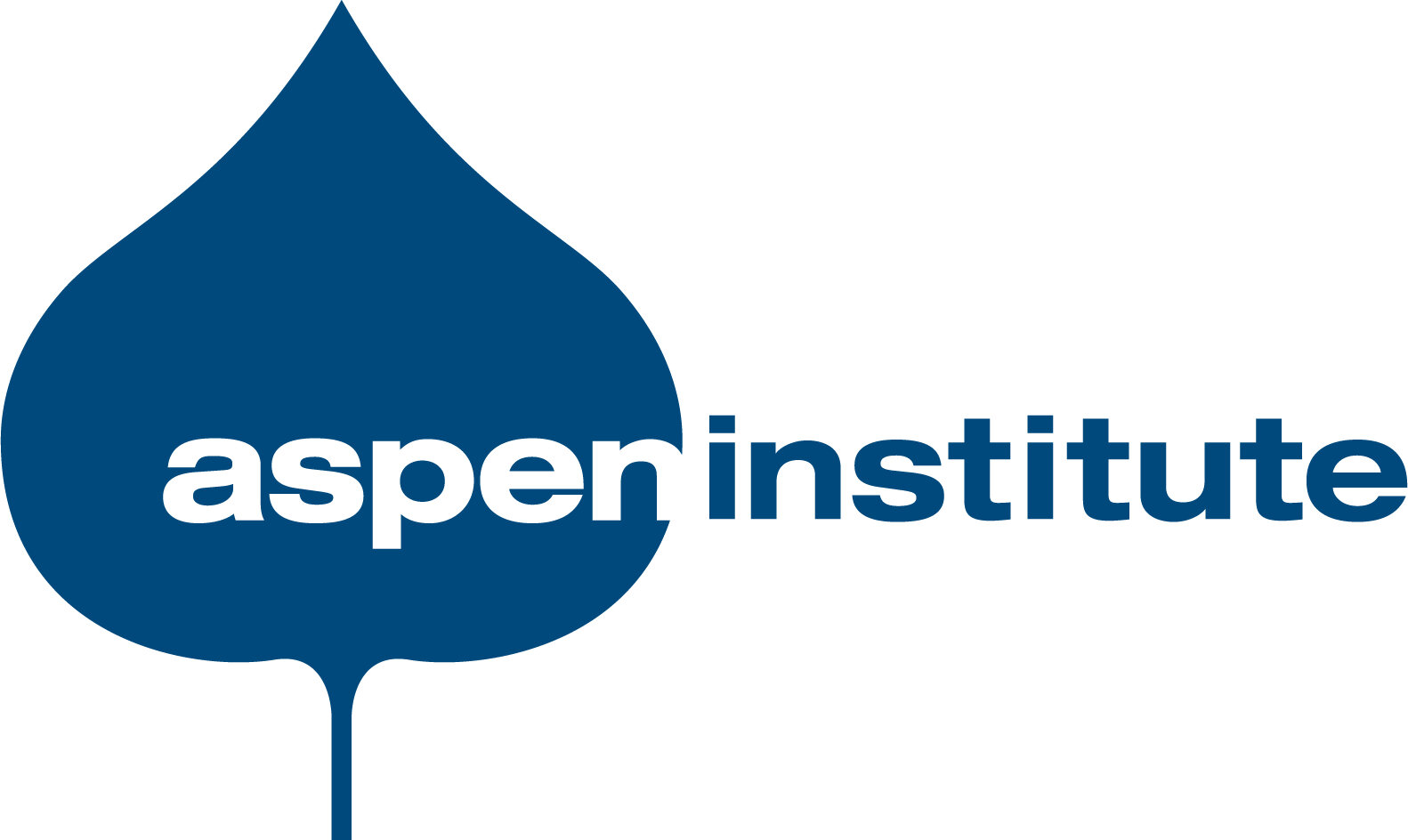Soliya Receives Stevens Initiative Funding for Program to Virtually Connect Young People Around the World
Grantees will bring together thousands of young people from the United States and the Middle East and North Africa for an exciting opportunity to engage with global peers through virtual exchange.
New York, April 7, 2021 –– Today, the Stevens Initiative announced its support of Global Circles implemented by Soliya. Soliya is one of 19 grantees to be named a 2021 Stevens Initiative grantee.
“People-to-people exchanges are critical to advancing global peace and understanding,” said Matthew Lussenhop, Acting Assistant Secretary of State for the Bureau of Educational and Cultural Affairs. “Through early adoption of virtual exchanges, the Stevens Initiative has elevated technology to foster collaboration between students in the United States and counterparts in the Middle East and North Africa.”
In addition to developing relationships with their peers abroad, virtual exchange allows young people to build empathy, develop leadership skills, and learn about new topics. While participants have different experiences depending on their virtual exchange program, all are impacted in ways both big and small, including changes in career trajectory, a new interest in different cultures, lifelong friendships, and more.
Under the Stevens Initiative, Global Circles, implemented by Soliya, are short online dialogue opportunities, bringing together young people from various backgrounds and nationalities for a face-to-face exchange around compelling global issues that matter to youth today. Participants learn from and with each other through discussion-based activities, engaging in both synchronous (live) and asynchronous exchange. Through facilitated discussions on a timely topic, participants develop greater global awareness while building critical 21st century skills and attitudes such as cross-cultural communication, empathy, and critical thinking. Young people register directly into Global Circles, an open-enrollment program, and they can apply to join as many rounds as desired. The program is open to participants residing in the United States and in countries from the Middle East and North Africa.
“Our partnerships with the Stevens Initiative have allowed us to grow our reach exponentially; empowering more and more diverse young people with key global competencies and access to collaborative learning with their peers” said Waidehi Gokhale, CEO of Soliya. “Virtual exchange allows young people to forge meaningful relationships across boundless geographies. Participants are able to engage constructively within and across their communities to find common purpose and activate civically. We are grateful for their support and for their commitment to the growth and excellence of this field.”
With these new grantees, the Stevens Initiative has funded 83 grants. Through these programs, the Stevens Initiative will expand its reach to nearly 75,000 young people in 17 MENA countries and the Palestinian Territories, and in 47 U.S. states, Puerto Rico, one tribal community, the U.S. Virgin Islands, and Washington, D.C.
Other grants include:
AURAK’s Acknowledge – Challenge – Transform (ACT): Developing Empathetic Leadership prepares college-aged youth in the United States and Middle East with the knowledge and skills required to acknowledge and challenge various forms of biases through empathy.
AMIDEAST’s Qisasna facilitates cross-cultural exchange between American and Yemeni students by providing participants with the skills needed to produce podcasts that focus on discussions of global issues, perceptions of both cultures, career opportunities for young people, and community service.
Culturingua’s Global Social Entrepreneurship Journey joins high school students in San Antonio, Texas, and in Benghazi, Libya, to develop a social enterprise idea that solves a United Nations Sustainable Development Goal.
Empatico’s Coding with Empathy Challenge, developed in partnership with Code.org, brings together middle school students from the United States and Egypt to collaborate on a series of empathy-building computer science and virtual exchange experiences.
Enactus Morocco and Enactus US’s Entrepreneurial Exchange helps university students and young adults gain entrepreneurship fundamentals through a virtual course that culminates in ten cross-country, cross-culture teams competing in a project pitch competition.
Engineering World Health’s Virtual Engineering Innovation & Cultural Exchange fosters an international collaboration between participants living in the United States, Lebanon, and Jordan with a focus on science, technology, math, and engineering (STEM).
Florida International University’s Tabadul: Creating Language-Learning Community Through Virtual Reality brings together college-aged youth in the United States and in the Middle East and North Africa for language-learning and community building through virtual reality.
Games for Change’s Game Exchange is a virtual exchange program for teens in the United States, Bahrain, Israel, and the United Arab Emirates in which teens from the four countries join in creative dialogue and collaboration based on a shared interest in video games and game design.
Global Ties U.S.’s MENA-USA Empowering Resilient Girls Exchange (MERGE) brings together girls ages 15-19 from the United States and MENA region in a supportive virtual space to learn about their own mental health, develop emotional resilience skills, and share this knowledge with their communities.
Hashemite University’s Research, Education, and Advocacy for Community Health (REACH) brings together college-aged youth in the United States and in the Middle East for online, face-to-face learning experiences.
The International Foundation for Training and Development and the Onslow County School District’s Youth for Sustainable Development Goals Virtual Exchange Program brings together and engages high school aged students, grades 9-12, to learn about the UN Sustainable Development Goals (SDG), why they are important, and what these goals represent for students and their community.
The Institute of International Education’s Harnessing Innovation through Virtual Exchange for Enhanced Results (HIVER) program develops intercultural communication and problem-solving skills among diverse students at participating U.S. and MENA universities.
LaGuardia Community College’s Global Scholars Achieving Career Success (GSACS) is a collaborative multi-campus program that foregrounds UN Sustainable Development Goals (SDGs) and career readiness competencies in class-to-class virtual exchanges between students from the City University of New York and universities in the Middle East and North Africa.
PATHWAYS Institute for Negotiation Education’s Game Changers in Education brings together undergraduate education students from the United States and Israel for real-time interactive joint learning and facilitated online exchange focused on developing and applying creative negotiation skills.
Seattle University School of Law’s Transitional Justice Legal Exchange brings together Moroccan and American law students for a class on transitional justice and human rights co-taught by professors from one Moroccan and one American institution.
SUNY Upstate Medical University's Bridging Cultures to Defeat COVID-19 is a virtual health sciences education program that brings together American, Middle Eastern, and North African clinical and scientific trainees for collaborative scientific and medical education and for unique professional development and cultural exchange opportunities.
The New York Academy of Sciences’ Junior Academy is a virtual exchange program bringing together a passionate community of problem solvers made up of talented students, STEM experts, and organizations around the world dedicated to designing innovative solutions to global challenges.
World Denver’s World Affairs Challenge is a virtual exchange program serving youth ages 14-17 in the state of Colorado and the MENA region through an online, mobile-accessible exchange in which bi-national student teams of six to ten participants learn and practice leadership development, cross-cultural communication, and project management.
“In our interconnected and diverse world, virtual exchange is a necessary tool that gives young people an appreciation for the world around them. The Stevens Initiative is proud to support these programs at a time when shared understanding and experiences among our next generation of leaders are more important than ever,” said Christine Shiau, Managing Director, the Stevens Initiative at the Aspen Institute.
The Stevens Initiative is an international effort to build global competence and career readiness skills for young people in the United States and the Middle East and North Africa by growing and enhancing the field of virtual exchange. Created in 2015 as a lasting tribute to Ambassador J. Christopher Stevens, the Initiative is committed to helping to expand the virtual exchange field through three pillars of work: investing in promising programs, sharing knowledge and resources, and advocating for virtual exchange adoption. Soliya is an international not-for-profit organization and a pioneering virtual exchange provider. Soliya combines the power of interactive technology with the science of dialogue to offer proven cross-cultural exchange and learning opportunities.
Global Circles is supported by the Stevens Initiative, which is sponsored by the U.S. Department of State, with funding provided by the U.S. Government, and is administered by the Aspen Institute. The Stevens Initiative is also supported by the Bezos Family Foundation and the governments of Morocco and the United Arab Emirates.
More Information
The U.S. Department of State’s Bureau of Educational and Cultural Affairs (ECA) builds relations between the people of the United States and the people of other countries through academic, cultural, sports, professional and private exchanges, as well as public-private partnerships and mentoring programs. These exchange programs improve foreign relations and strengthen the national security of the United States, support U.S. international leadership, and provide a broad range of domestic benefits by helping break down barriers that often divide us. Visit eca.state.gov.
The Aspen Institute is a global nonprofit organization committed to realizing a free, just, and equitable society. Founded in 1949, the Institute drives change through dialogue, leadership, and action to help solve the most important challenges facing the United States and the world. Headquartered in Washington, DC, the Institute has a campus in Aspen, Colorado, and an international network of partners. For more information, visit www.aspeninstitute.org.
The Bezos Family Foundation supports rigorous, inspired learning environments for young people, from birth through high school, to put their education into action. Through investments in research, public awareness, systems building and programs, the foundation works to elevate the field of education and improve life outcomes for all children.
The Kingdom of Morocco has held a longstanding commitment to the promotion of peace, mutual understanding and respect across all fora. In line with this commitment, the Government of the Kingdom of Morocco is a strong supporter of the Stevens Initiative and is proud to be included in its programs, which foster opportunities for cross-cultural exchanges between youth.
The Embassy of the United Arab Emirates (UAE) in Washington, D.C. is committed to promoting and increasing cross-cultural understanding and educational exchanges. In line with the UAE Government’s values, the Embassy supports educational programming at schools and universities across the U.S. The Embassy works with U.S. institutions to provide unique opportunities for peer-to-peer exchanges and help broaden student’s horizons.






